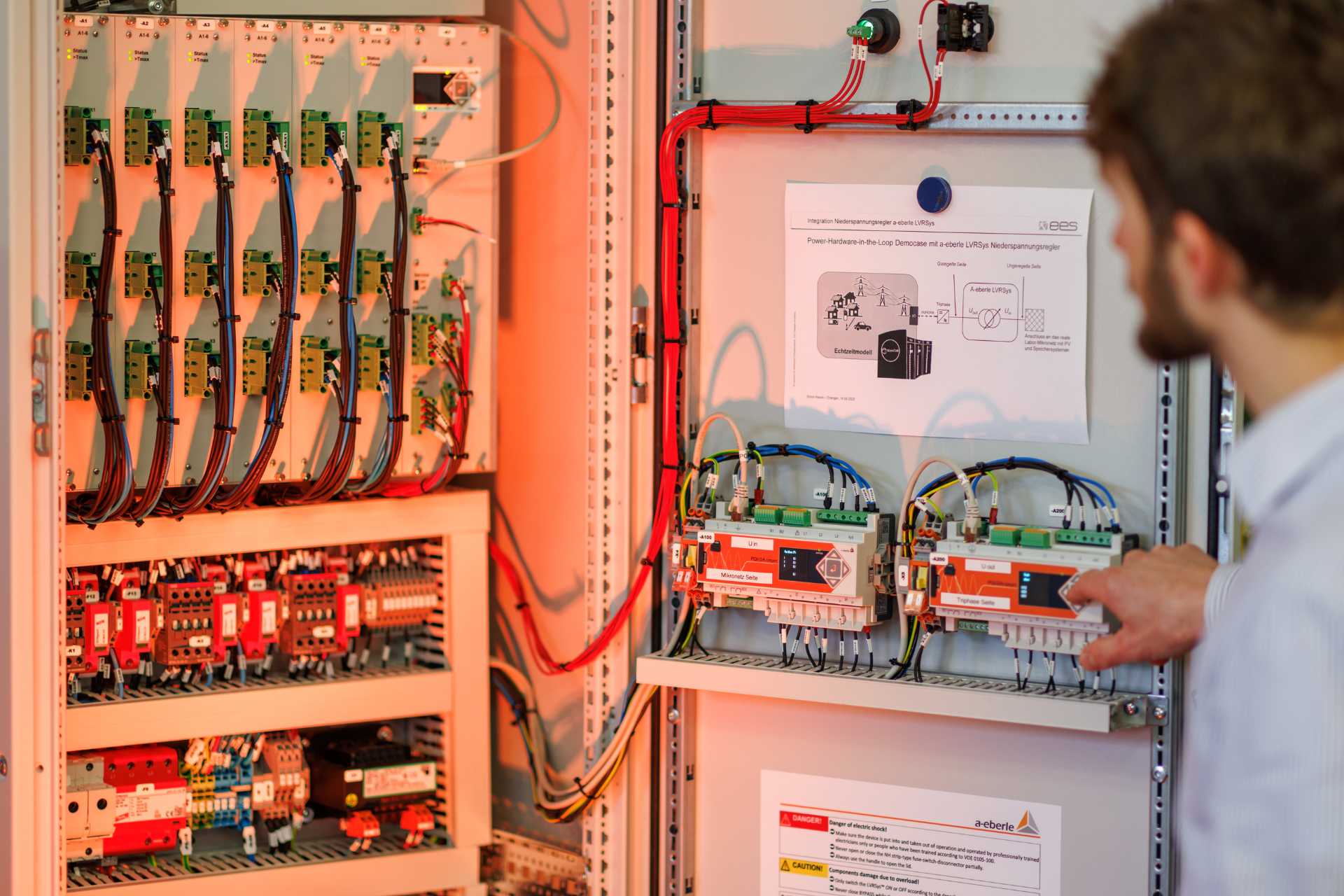
Get the latest climate technology news directly to your inbox.

Photo credit: Arne Dedert / picture alliance via Getty Images

Photo credit: Arne Dedert / picture alliance via Getty Images
Global utility data and community solar platform Arcadia netted $50 million in growth financing from new and old investors, and closed a new $30 million credit facility with J.P. Morgan and TriplePoint Capital last week.
- The top line: Arcadia’s latest funding round brings its total investment up to $575.5 million over 16 funding rounds. The $50 million is set to help the company scale operations, fine-tune region-specific solutions, develop new use cases for utility data, and expand its community solar programs nationwide. Meanwhile, the company said the $30 million credit facility will provide incremental financing flexibility and support further growth.
- The nuts and bolts: Sydney, Australia-based Macquarie Asset Management joined the round as a new equity investor, joining existing Arcadia investors including Energy Impact Partners and J.P. Morgan Asset Management.
- The current take: Arcadia founder and CEO Kiran Bhatraju told Latitude Media that many of the company’s enterprise customers are adding new assets like EV charging stations and heat pumps to their portfolios, and added that the company’s Arc platform ensures that accurate utility and tariff data can be built into those solutions. “The better datasets these companies have, the better they can understand the value proposition of multiple distributed energy resources, and build solutions that accurately respond to the grid and to dynamic rates,” he said.
Arcadia started as a community solar provider and remains the largest in the nation. But the company’s Arc data program has applications far beyond community solar, connecting users to a database of residential and commercial-scale utility information from over 50 countries. Today, the company said, over 95% of U.S. utilities are connected to the platform.
The platform also provides a suite of environmental impact APIs ranging from energy forecasting to carbon reporting. It also offers energy cost modelers that couple regional tariff structures with usage data, solar and storage forecasting tools, and customer-facing energy analytics focused on cost savings and energy usage optimization. Bhatratju said that Arcadia plans to incorporate AI into Arc’s offerings to find new use cases for its utility data.
He also said applications of the company’s software have evolved to the point where Arcadia is “uniquely positioned to understand the value of multiple DERs at a single meter.”
“Initially, the platform was focused on DERs, as our first real use case was helping community solar developers acquire and bill customers,” said Bhatraju. “Since launching, we’ve grown to serve customers beyond just DERs and now serve customers across industries like PropTech [real estate technology] and ESG.”
While Arcadia is a particularly big fish, it has competition from others offering software solutions for the problem of utility data access. For instance, Seattle-based startup Bayou Energy closed a $1.2 million pre-seed round last week for their API-based tech that pulls data from utility providers around the country; the platform is aimed at developers and budding energy entrepreneurs. And Utility API’s data exchange tools offer similar benefits to cleantech companies and local governments alike.
From podcast ads to drop-in episodes, see how you can position your brand as a thought leader on the Catalyst and Carbon Copy podcasts.

From podcast ads to drop-in episodes, see how you can position your brand as a thought leader on the Catalyst and Carbon Copy podcasts.

From podcast ads to drop-in episodes, see how you can position your brand as a thought leader on the Catalyst and Carbon Copy podcasts.

From podcast ads to drop-in episodes, see how you can position your brand as a thought leader on the Catalyst and Carbon Copy podcasts.

Doubling down on community solar
Despite the growth of its data platform, Arcadia remains a key player in community solar. Earlier this year, the company became the first community solar provider in the country to tip over the two-gigawatt capacity mark, which it said is the equivalent to saving over two billion pounds of coal emissions per year.
Arcadia essentially lets homeowners and renters who aren’t able to install solar panels themselves access renewable energy anyway. Arcadia digitally connects customers to local solar farms based on energy usage data and location. Customers then receive solar credits on their power bills.
Over 223,000 subscribers are currently connected to Arcadia’s community solar program, 22% of whom qualify as low- or middle-income households.
The company expects that number to grow, especially in light of a key distributed solar project that’s in the works. Arcadia is partnering with EDP Renewables North America, Google, and the energy equity non-profit Elevate to build 500 megawatts of new capacity across 80 community solar projects, and enroll 25,000 qualifying low- and middle-income households across the Midwest into programs that will give them access to that energy.
In order to connect its subscribers with renewable generation, Arcadia will purchase renewable energy credits that can act like offsets. While buying or selling RECs can be fraught, Deloitte audits Arcadia’s purchases, and the company aims to continue evolving their model to keep pace with community needs.
“As our business has evolved over the last few years, we’re facing increased demand from our enterprise customers to meet their needs, which vary by industry,” said Bhatraju, adding that for community solar, those needs vary from state to state. “This funding will help our team scale and adapt with solutions to meet those needs with greater efficiency.”
Latitude Intelligence recently published its first report on the use of AI by utilities. This joint research program with Indigo Advisory Group is a first-of-its-kind study of the pathways to adoption of AI-based solutions in the power sector. Through multiple interviews with utilities across the U.S., from investor-owned utilities to public power, this research uncovers how deployment strategies, existing applications, and targeted benefits are evolving. The report is available here.





